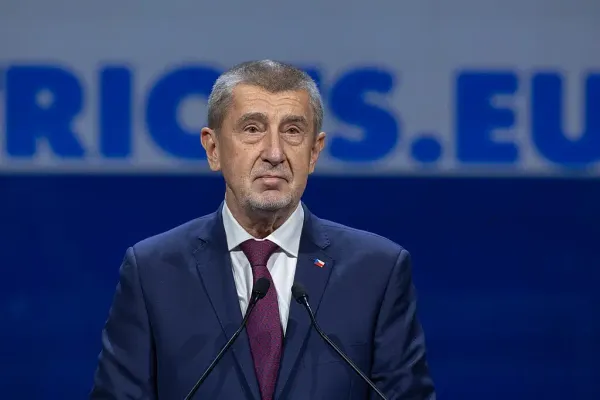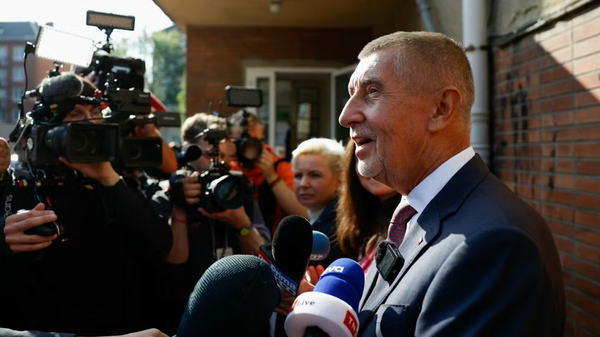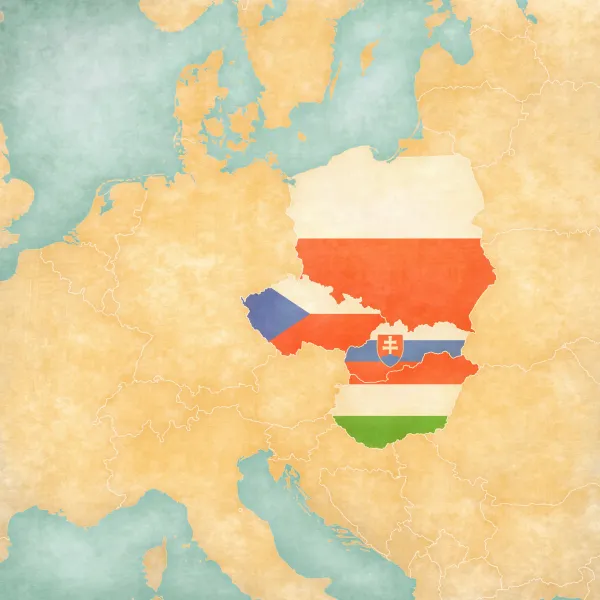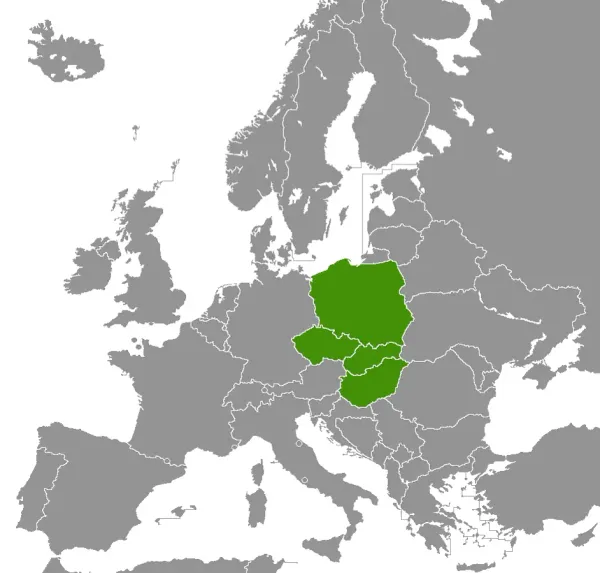
Czech PM Fiala to support smaller farms
Czechia’s new government will allocate more EU subsidies to smaller-scale family farms, and fewer to the country’s traditionally dominant large landowners, from next year.
The conservative-led coalition that succeeded Babis has deeply discussed its policy within the EU Common Agricultural Policy strategic plan. The result was a document submitted – post-deadline – to the European Commission that aims to redistribute 23% of farm subsidies to smaller farms, way beyond even the new EU requirement of 10%. “The aim is to support the smaller farms, but the bigger ones will not go bankrupt,” Agriculture Minister Zdenek Nekula told Politico on Tuesday.
This is bad news for agribusiness billionaire Andrej Babis, who was toppled as Czech prime minister by Petr Fiala’s coalition of right-wing and centrist parties in national elections in October. “Mr. Babis and his companies will not benefit from the new strategic plan,” Nekula said.
Allegations around Babis concern his holding company Agrofert’s involvement in Stork Nest Farm, which received EUR 2 million in farming subsidies from the EU. European Commission auditors flagged a possible conflict of interest as these EU subsidies were subject to rules he influenced as premier in the European Council. Babis has consistently denied the allegations.





